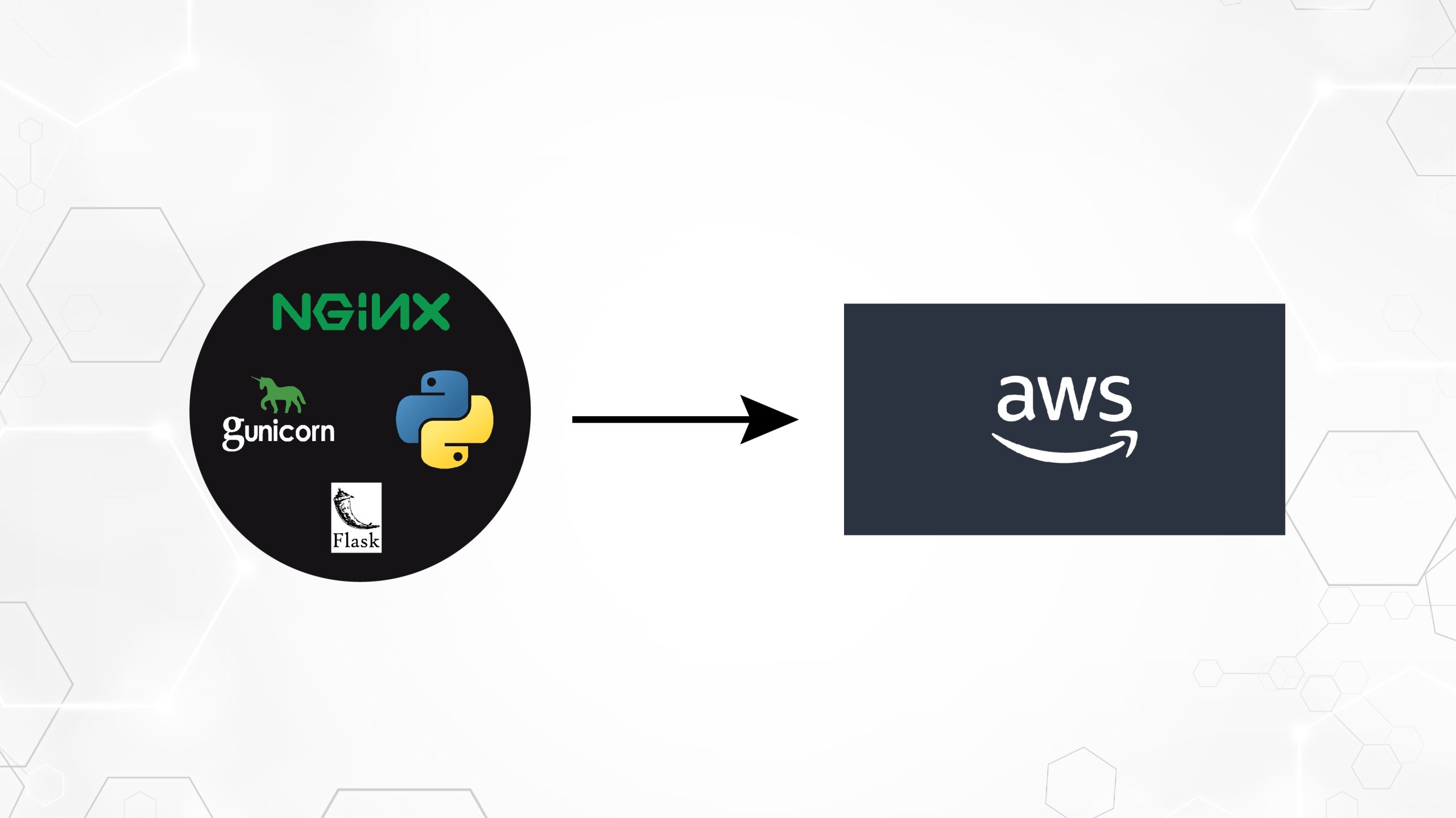
Apple is ending support for progressive web apps (PWAs) for iPhone users within the EU, stirring concern among developers and users alike. This decision comes as a definitive blow to the accessibility and functionality of web-based applications on Apple devices.
The move to discontinue web app support has been apparent in each iteration of the iOS 17.4 beta, with users experiencing persistent issues. However, Apple has now clarified that this is deliberate.
In an update posted on its developer website, Apple disclosed its decision, citing the complexities of aligning web apps with the requirements of the Digital Markets Act (DMA) as the primary reason. The company asserted that complying with the DMA would necessitate the creation of an entirely new integration architecture, a task deemed impractical alongside other mandated changes. Notably, one of these changes mandates Apple to permit third-party browsers to utilise their own engines on iOS.
Apple defended its stance by emphasising that web apps are intricately linked with WebKit, the engine underpinning Safari, thereby ensuring alignment with iOS’s security and privacy framework for native apps. With the rollout of iOS 17.4, web pages added to the homescreen will function solely as bookmarks, redirecting users to a browser tab rather than offering standalone functionalities such as notifications and badges—features only introduced to web apps last year.
Moreover, the discontinuation of PWAs poses challenges for users accustomed to the convenience of storing data separately from their browser instances, facilitating quick access without the need for repeated sign-ins. Certain services, including Facebook Gaming, rely on web apps to circumvent the constraints imposed by the Apple App Store and its associated fees.
Apple has raised concerns about the potential security risks posed by alternative browser engines in the EU context, highlighting the possibility of malicious web apps accessing sensitive data or permissions without user consent.
The company has long made a similar argument about third-party app stores and the sideloading of apps. Despite Apple’s assertions, it’s worth noting that Android devices have long offered support for web apps through various browser platforms in addition to sideloading.
In a letter in 2022 to US lawmakers, cybersecurity expert Bruce Schneier said that Apple’s concerns about sideloading were “unfounded” and that it’s “simply not true” that legislation such as the EU’s puts user privacy and security at risk.
“It’s fairer to say that this legislation puts those companies’ extractive business models at risk. Their claims about risks to privacy and security are both false and disingenuous and motivated by their own self-interest and not the public interest,” wrote Schneier.
Critics believe Apple’s policies abuse its market position, necessitating the need for legislation such as the EU’s DMA. Unsurprisingly, given the company’s own battles on the issue against Apple, Epic Games CEO Tim Sweeney gave his take on Apple’s latest decision:
The implications of Apple’s decision to discontinue support for web apps in the EU reverberate across the tech landscape, raising questions about user freedoms, developer autonomy, and the future of web-based services in Apple’s ecosystem.
(Photo by engin akyurt on Unsplash)
See also: European iOS developers can begin testing alternative app stores

Looking to revamp your digital transformation strategy? Learn more about Digital Transformation Week taking place in Amsterdam, California, and London. The comprehensive event is co-located with AI & Big Data Expo and Cyber Security & Cloud Expo.
Explore other upcoming enterprise technology events and webinars powered by TechForge here.









